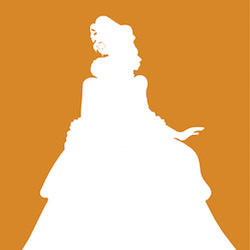
Gallantry and the (In)Significance of Lesbian Desire in 17th-Century France:
The Case of Benserade’s Iphis et Iante (1634)
A lecture by MATTHIEU DUPAS, Romance Languages & Literatures, University of Michigan
Abstract:
In contrast to Ovid in his Metamorphoses, in his 1634 comedy Iphis and Iante, Benserade has Iphis transformed into a boy after her wedding night with Iante. The resulting presentation of female same-sex desire is deeply ambivalent: on the one hand, female same-sex desire is significant—since it is a central part of the audience’s aesthetic pleasure; on the other, it is insignificant—since it can be represented on stage without creating scandal.
Understanding this paradox requires reading Benserade’s staging of female same-sex desire through the lenses of the amorous culture dominant at the time: gallantry. Gallantry took what until then had been considered part of the realm of amity and it made it a central element of what would in time be called “sexuality.”
Indeed, at the same time as it represents female-to-female eroticism as insignificant (so long as no sexual penetration occurs), the play suggests that it does become significant in other ways. By putting in its center female erotic autonomy, gallantry elaborates the element that will make possible the emergence of a new social bound: love-marriage. Through love-marriage, gallantry aligns sex, love, gender, marriage, and eroticism in ways historically unprecedented and destined to a great future.
Cost: $0
Audience
- Faculty/Staff
- Student
- Public
- Post Docs/Docs
- Graduate Students
Interest
- Academic (general)